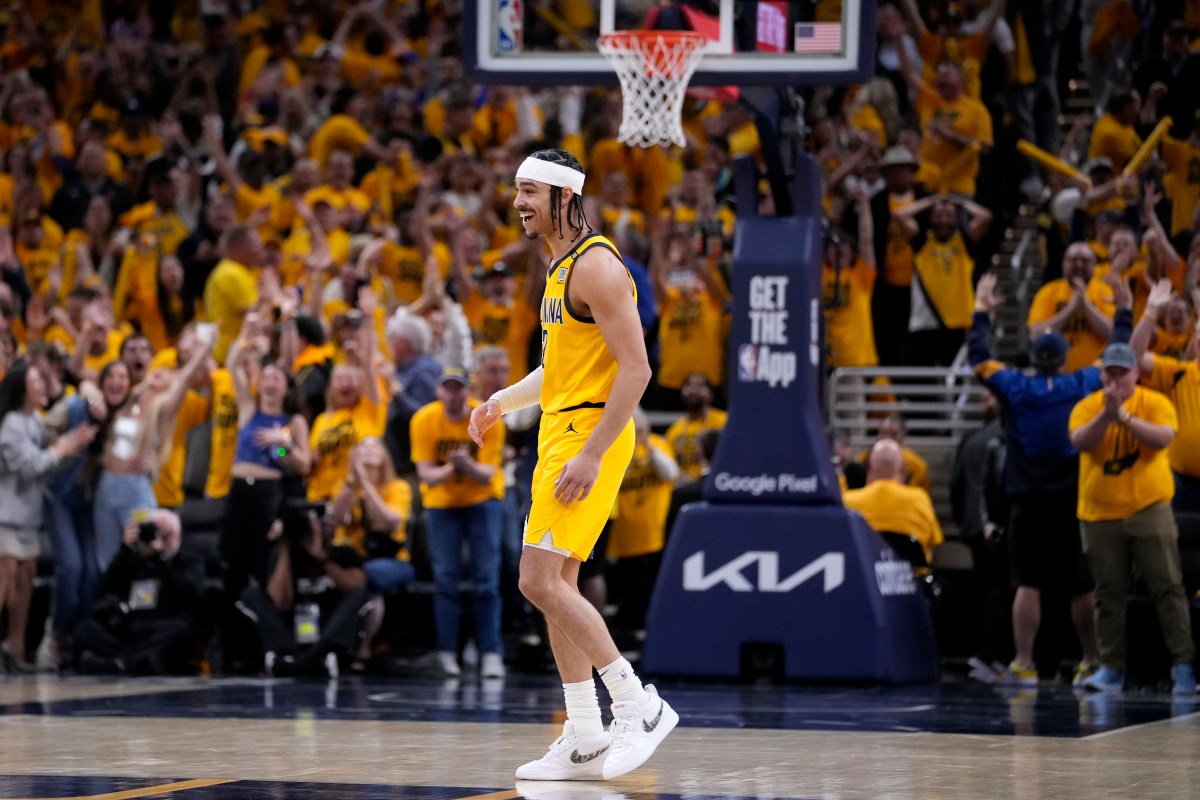When the volcano with the unprounceable name erupted in Iceland, I was cocooned in Oxford, England, attending the Skoll World Forum, an annual conference for social entrepreneurs.
I had no idea what a social entrepreneur was until I was asked to attend the forum to speak about social networking and its impact on the Middle East. I learned that the inspiring men and women who had gathered at Oxford University — where every building was fit for a postcard — applied entrepreneurial principles to solve social problems and help bring about change.
In plain English: To my left at dinner one night was a young woman who worked with Visonspring, which helps women in the developing world start businesses selling low-cost eye glasses.
My contribution was to show how women in the Middle East used social networking sites such as Facebook, Twitter and YouTube to fight for their rights and to network and connect, thereby building a virtual community that translated into a community in the real world that offered support and solidarity.
Spending three days in such a feel-good cocoon ensured we were blissfully unaware of the impact of Eyjafjallajökull’s huffing and puffing. I had scheduled two extra days in the U.K. to allow for a lecture on Islam and feminism and some socializing in London, my childhood home.
And it was here in London where, along with thousands of other stranded travellers, I became a “volcano refugee” who learned the value of social networking to my own life. Through Facebook I heard from friends all over the world, offering support and kind words to soothe the stress of not knowing when I could fly home again. Through Twitter, I could follow Heathrow Airport’s announcements on cancelled flights.
But this volcano refugee also remembered the value of old-fashioned networking, too, thanks to “real life” friends who took me in when my flight was cancelled and there appeared to be no opening in air space anytime soon.
Looking up and seeing no planes in the sky was a stark reminder of just how prehistoric it is to be stranded because of a volcano. But being grounded was a chance too for some good-old fashioned rest and a sober reminder that if the uncertainty of being a volcano refugee was exhausting, then the trauma of being a refugee was almost impossible to assuage.
When we’re forced to slow down, gratitude can come fast and easy.
Mona Eltahawy is an award-winning Egyptian-born commentator and public speaker on Arab and Muslim issues. She reported on the Middle East for 10 years before moving to the U.S.



















